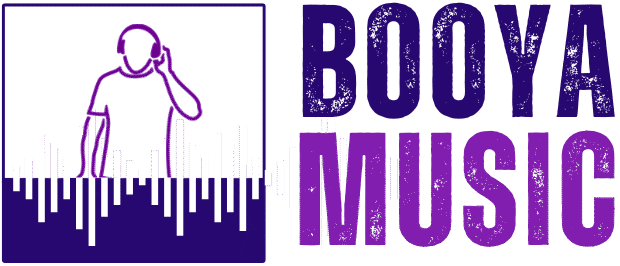Music has been around for thousands of years, and for thousands of years, people have loved music. From Bob Dylan to Mozart to the Beatles, Music has never been more popular. There have been times in pop culture when music was more popular than ever. The most notable one was when the Beatles performed in the 60s. Today, it seems that music is no longer that popular. Sure, there are still hundreds of thousands of people who love music, but none of them are like the Beatles. Maybe one day, there will be another band or artist that will make music popular again.
There’s no concrete evidence that millennials are more musically inclined than any other generation. But the idea that a group of young people born in the last 20 years is more than just a little obsessed with music has proven to be a popular marketing device in recent years. From the micro-genres of EDM to the indie-rock subculture, millennials are often seen as the music consumer of today.
Revisiting 1960s -1990s music
To baby boomers, the music of the 1960s and 70s sounds so different from the music of today that the two generations might as well belong to different planets. The psychedelic rock of the 60s, the politically charged protest music of the 70s, the synthesizers of the 80s, and the grunge of the 90s were all born in times of great social upheaval and thus reflected the upheavals in the music itself.
The music of the 1960s to 1990s is, in many ways, a remarkable era in music. There is a lot to be learned from this music era, too. Some of the most famous songs of all time came out in these decades, and they are great for many different reasons. It’s the age of the Beatles, the Rolling Stones, the Grateful Dead, and Bob Dylan when Music was a common thread of social change and even political upheaval. As with any time in history, there are things that we can love and things that we can’t.
Millennials and the 1960s-1990s Music Era
As our generation grows older, we are starting to ask ourselves the tough questions, like what it was that made us the way we are today. As we look back to our teenage years, we remember the music we grew up listening to. Born in the 1960s-1990s, millennials can be defined as those who were born between the 80s and the early 2000s. Our generation grew up with a steady diet of catchy pop tunes, from Nirvana’s “Smells Like Teen Spirit” to Taylor Swift’s “Shake It Off.” To learn more about how the music of our generation impacted us as we grew up, we decided to ask the experts.
A recent study from The Echo Nest revealed that millennials are the first generation that is more familiar with music from the 1960s-1990s than music from the 2010s. The oldies are the majority of what millennials listen to. This is a stark contrast to the rest of the population, where the majority of people have never heard of anything before the year 2000. It is even more surprising when you consider that millennials were not even born until the 1990s or earlier and could not have experienced the majority of these songs the first time around.
It’s no secret that millennials are having a huge impact on our society. Even though they only make up about a quarter of the country’s population, they wield a lot of power — from how we spend money to how we vote to how we interact with each other. Right now, millennials are influencing music too — they’re bringing rise to the indie music scene and influencing the music that radio stations play.
The Millennial generation has been accused of shallow nostalgia for “old” things: “old” being defined as anything from the 1960s to the 1990s. But is this shallow? In the case of music, it may not be. Music from this era – the baby boomer era – was part of our cultural upbringing, and it played a role in shaping the people we are today.
Should I start listening to 1960s to 1990s songs?
The answer is simple: yes! You should start listening to 1960s to 1990s songs. But preferences would still vary from person to person. Music has come a long way in the last 50 years, and you might be surprised at how much you enjoy some of the oldies. Sure, they may sound different from today’s music, but that doesn’t mean they’re not worth listening to.
